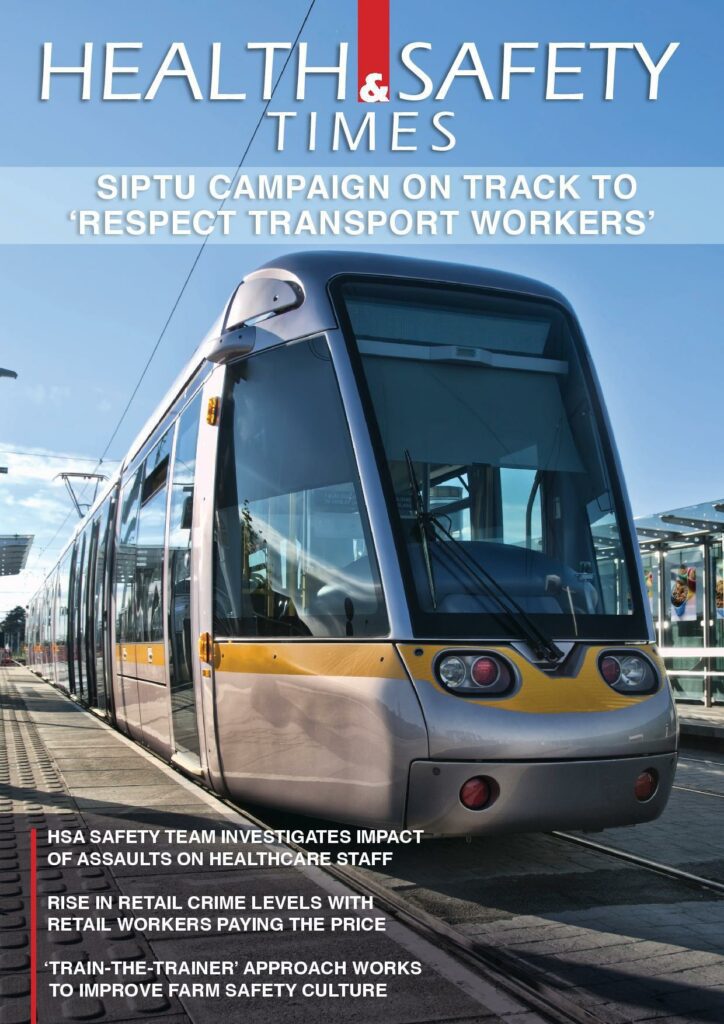Violence in the workplace can have significant mental and physical health implications.
Women and frontline workers are most exposed to the risks of adverse social behaviour at work, such as burnout, exhaustion, anxiety and depression, according to the European Working Conditions Telephone Survey (EWCTS)*.
Adverse social behaviour can refer to instances of bullying, harassment, violence, verbal abuse or threats, and unwanted sexual attention. Such so-called ‘violence in the workplace’ can have significant mental and physical health implications.
The EWCTS data (EU27) examined the prevalence of adverse social behaviour in the workplace, and the health and well-being implications it has for those who experience it.
Women are more likely to experience adverse social behaviour, particularly unwanted sexual attention. The EWCTS found that, on average, 12.5% of workers in the EU experienced some form of adverse social behaviour at work in 2021;[1] However, the share of women experiencing adverse social behaviour at work was consistently higher than that of men.
While this is the case for all forms of adverse social behaviour covered in the survey, the gender gap is particularly striking when it comes to unwanted sexual attention. Women are 3.6 times more likely to suffer from unwanted sexual attention than men.
The likelihood of a young woman (18–34 years) reporting unwanted sexual attention is three times higher than men of the same age, and 10 times higher than the oldest group of men (50+ years). Women aged 50+ are 3.5 times less likely to report unwanted sexual attention than women aged 18–34 (1.6% compared with 5.6%).
While the EWCTS reveals that people who deal with customers are twice as likely to experience adverse social behaviour at work compared to those who don’t, the situation is particularly acute for frontline workers.
Healthcare workers reported up to three times higher levels of unwanted sexual attention than the EU average (5.7% compared with 1.7%). To put this into perspective, just 0.3% of information and communication (IC) professionals reported unwanted sexual attention.
Both healthcare and protective services workers (including firefighters, police officers, prison and security guards) reported two to three times higher levels of bullying, harassment and violence than the EU average. A variety of frontline workers reported verbal abuse or threats, some as high as 2.5 times the EU average.
*European Working Conditions Telephone Survey (EWCTS) covered over 70,000 interviews in 36 countries and was conducted between February and November 2021. For further information visit www.eurofound.europa.eu



